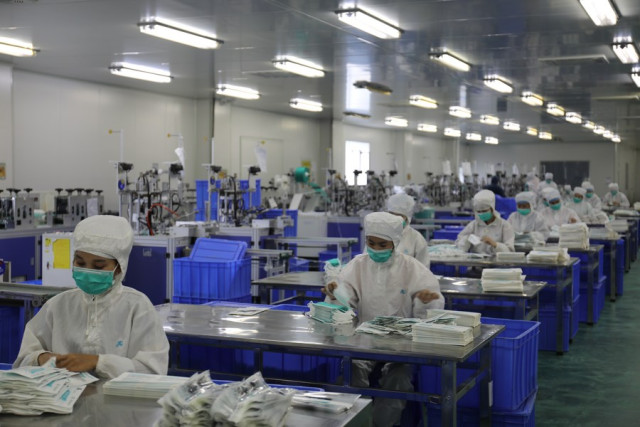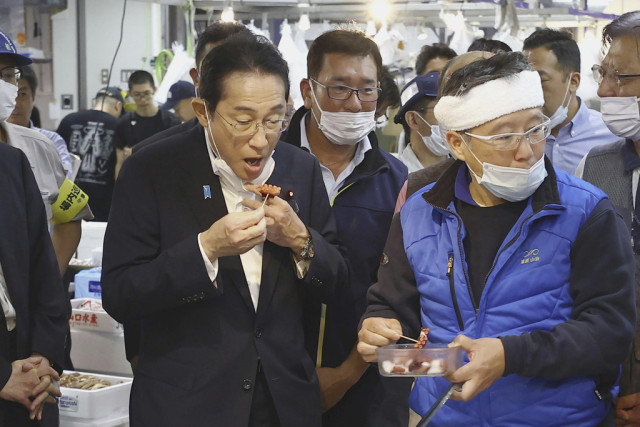RCEP Benefits Whole ASEAN: Cambodian Officials

- By Xinhua News Agency
- September 14, 2023 9:47 AM
PHNOM PENH -- The Regional Comprehensive Economic Partnership (RCEP) agreement has provided benefits to the whole Association of Southeast Asian Nations (ASEAN), senior Cambodian officials said here on Wednesday.
Entered into force in 2022, the RCEP agreement comprises 15 Asia-Pacific countries, including 10 ASEAN member states -- Brunei, Cambodia, Indonesia, Laos, Malaysia, Myanmar, the Philippines, Singapore, Thailand and Vietnam--and their five trading partners, namely China, Japan, South Korea, Australia and New Zealand.
"Covering a combined population of 2.3 billion, the RCEP has created a huge market for ASEAN," Sok Siphana, a senior minister in charge of special mission, said in a lecture delivered to officials at the Ministry of Information.
"RCEP, by virtue of its size and the diversity of its membership, has become a solid block for advancing further trade liberalization in the Asia-Pacific," he added.
Siphana said this free trade agreement has played a crucial role in countering unilateralism and protectionism.
For Cambodia, hard infrastructure investment under the Belt and Road Initiative has enabled its economy to be more competitive and to reap the eventual benefits arising from greater market access under the RCEP, he said.
According to data from the World Bank, the RCEP covers 2.3 billion people, 25.8 trillion U.S. dollars of global GDP, and 12.7 trillion dollars of global trade in goods and services.
Information Minister Neth Pheaktra said the RCEP has played an important role in quickening economic recovery in the region in the post-COVID-19 pandemic era.
"This mega-trade pact will help Cambodia achieve its goals of becoming an upper-middle income country by 2030 and a high-income nation by 2050," he said at the event.
Pheaktra said the RCEP clearly demonstrated the success of multilateralism and the unwavering commitment made by the Asia-Pacific region to promote free trade.
Kin Phea, director-general of the International Relations Institute of Cambodia, a think-tank under the Royal Academy of Cambodia, said the RCEP has contributed to stabilizing its members' economies, especially amidst this ongoing global economic recession and uncertainty.
"The RCEP has great potential to create tangible benefits for all of its members, and ASEAN will reap long-term benefits from this trade deal by integrating further into global supply chains," he told Xinhua.
Phea said the RCEP will also help ASEAN narrow the development gap between the rich and poor member states.
"I believe that the RCEP will help transform the ASEAN region into a new engine of growth in Asia," he said.















